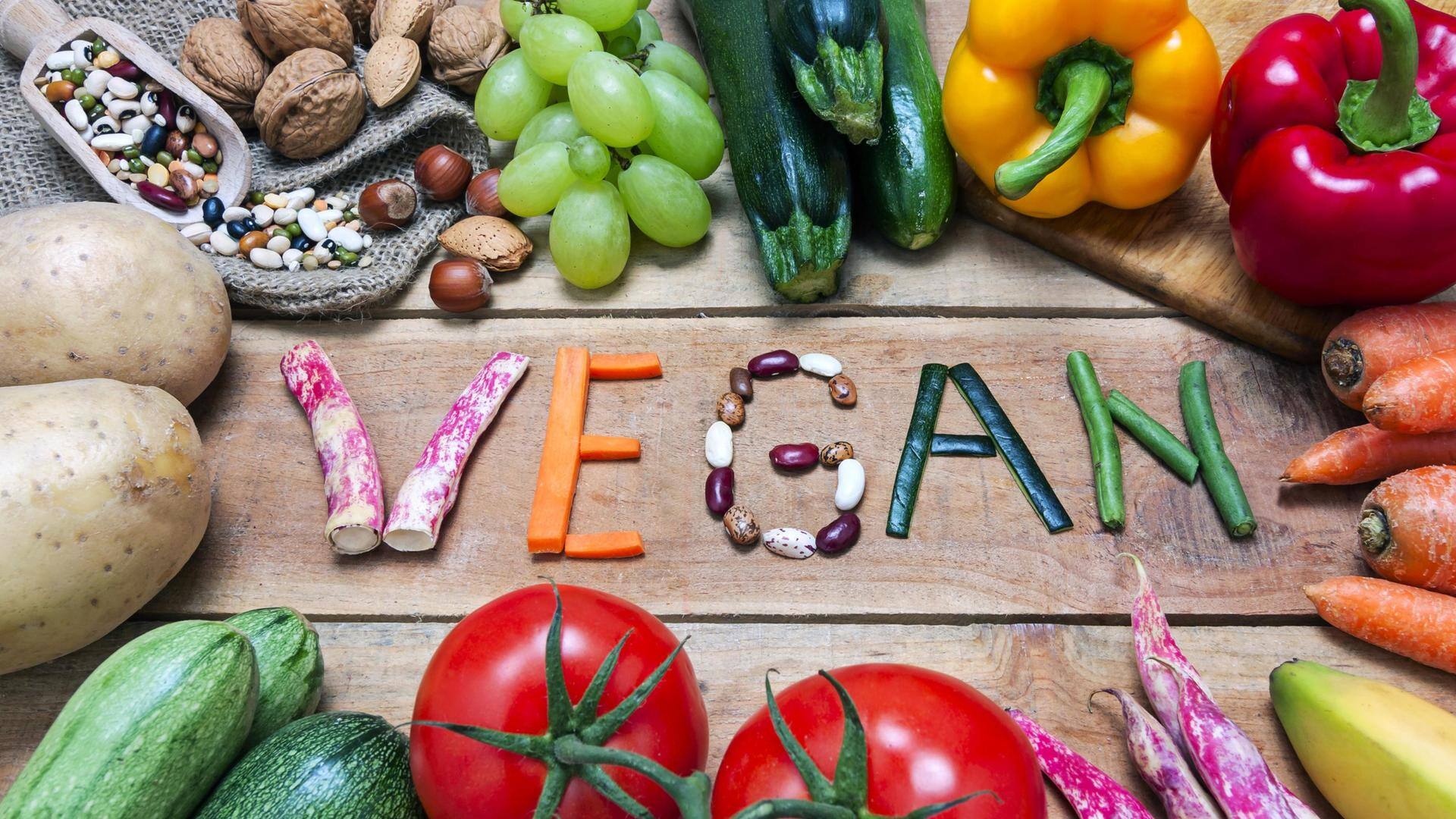
Veganism is good, but has many myths. Let's bust them
What's the story
Veganism has become a popular lifestyle choice for many around the world. While some practice it owing to environmental concerns, others do it as a favor to their overall health. However, as much as it is growing, many misconceptions around it keep surfacing on social media that may hinder one's way of incorporating it. Let's debunk some of the most common ones.
Myth 1
Myth 1: Veganism is expensive
Veganism is not necessarily an expensive affair. There are so many basic and staple vegan food items like lentils, grains, legumes, rice, veggies, fruits, etc. that don't burn a hole in one's pocket. Veganism, just like many vegetarian and meat diets, can become expensive when one shops for a lot of quick-to-eat processed foods and ready-to-eat meals, or buys stuff from high-end stores.
Myth 2
Myth 2: Vegans don't get enough protein in their diet
No, if you turn vegan, you won't miss out on proteins. Vegans derive their share of proteins from many plant-based foods like quinoa, oats, lentils, tofu, nuts, and seeds. Even vegetables like spinach and broccoli, and mushrooms, are blessed with a good amount of this nutrient, both of which are also a staple in a vegan diet.
Myth 3
Myth 3: Being a vegan is too hard and challenging
Any drastic lifestyle change can be tough to follow in the beginning, let alone veganism. Once your body becomes habitual to veganism, it becomes a cakewalk for you to only consume plant-based food. Also, many vegan offerings aren't just wholesome but also score high on flavor, so it is easy to substitute and find comfort in this diet.
Myth 4
Myth 4: There are no health benefits of turning vegan
This is among the most common misconceptions about veganism. A vegan diet can offer you many short and long-term health benefits including weight loss and reducing your chances of suffering from a heart-related ailment. It can also reduce the risk of developing certain types of cancers like colon cancer. People with diabetes can also stay healthy with this plant-based diet.
Myth 5
Myth 5: A vegan diet is restrictive
Veganism involves avoiding many animal-related products, some of which you may use daily like milk and leather items. However, it is not restrictive. On the contrary, a vegan diet offers you a chance to explore other alternatives available in nature that haven't received their share of the spotlight. You can also play around with spices, ingredients, and culinary styles anytime.